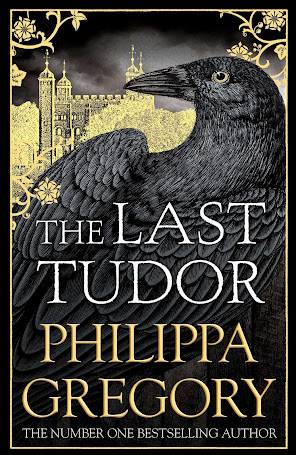Sir Gawain & The Green Knight
Review by Tom
Rating: 8/10
This story was my first real contact with Arthurian legend. Sir Gawain & The Green Knight is an interesting tale that capitalises on some Celtic themes that I have discussed before in previous book reviews. The main one being the beheading challenge as seen in Fled Bricrenn (Bricriu's Feast) from the Ulster Cycle. However, Sir Gawain & The Green Knight is usually considered as a 14th Century chivalric romance, as Gawain himself is a paragon of chivalric virtue seemingly without fault. Whilst it is only a short poem by medieval epic standards (Beowulf being the other major English epic), the story is packed full of various allegory of both Christian and Pagan virtues. This combination of things alongside the metaphor for the trials and tribulations for the challenges of love, loyalty and faith which is usually found in medieval literature, the reader is left to decipher a variety of messages through their own perspective. I am a firm believer that there is something that everyone can relate to in this tale, because despite it's age it still contains very real human problems. Problems and issues that we still have to solve, adapt or overcome in the modern age. At various points it felt like the story was speaking directly to me (there is a few parts where the narrator speaks directly to you as if he was reciting the poem to an audience which adds to the immersion). The poem is such a heralded work of Middle English literature that it has enjoyed renditions by J. R. R. Tolkien and Simon Armitage.
Firstly, the pagan elements of the story are fascinating. Given the figure of the Green Knight is completely green; hair, skin, eyes and clothes, the symbolism with the pagan idea of the Holly and the Ivy Kings doing battle every six months as the seasons shift is quite remarkable in a predominately Christian tale. The way in which the man is described and how the seasons past feels very Celtic, as most Christianity dominated tales tend to focus on oneself and the relationship with god rather than the relationship we have with the seasons and nature. This interest in theology is present throughout the poem and augments it's story. However, as the author is unknown we can't know if he had any Brythonic origin links, but it is commonly accepted that he lived in the Cheshire region as the poem was written with elements of that dialect. Given the county's proximity to North Wales I like to think that it is a possibility. J. R. R. Tolkien and E. V. Gordon stated after reviewing the text in 1925 that the poet;
"Was a man of serious and devout mind, though not without humour; he had an interest in theology, and some knowledge of it, though an amateur knowledge perhaps, rather than a professional; he had Latin and French and was well enough read in French books, both romantic and instructive; but his home was in the West Midlands of England; so much his language shows, and his metre, and his scenery."
This statement alone sums up a lot of what you can expect concerning the themes of Sir Gawain & The Green Knight. The influences from the continent are present but there is still something quintessentially English about the poem. This mainly comes down to how the poem was written, in its original text it takes on the appearance of something like the Old Norse poems, using a specific alliteration scheme which is lost somewhat in modern English translation. It is fair to say that the poem is unique in world literature as it brings in so many different elements and pulls it off spectacularly. Using high dramatic language to bring about the ideas of Chivalry and the Christian challenges of temptation and lust.
The story itself is in four parts that are simply numbered and work like chapters. It is surprising how easy to read Bernard's translation is because of this. Breaking up the poem into segments is something that I think should be done more often, as much as I loved reading Beowulf it did become easy to lose where I was at times. Overall, this book is a must read for anyone interested in medieval literature. Not only for it's Arthurian aspect but for what it can tell us about the medieval mind and how, despite being separated by centuries, we are not so dissimilar in our trials and tribulations. It teaches a moral lesson as much as being a good yarn. Sir Gawain & The Green Knight will always hold a special place in my heart and soul, as many of its messages I've seen in other works and have assimilated them into my world perspective and actions.



Comments
Post a Comment